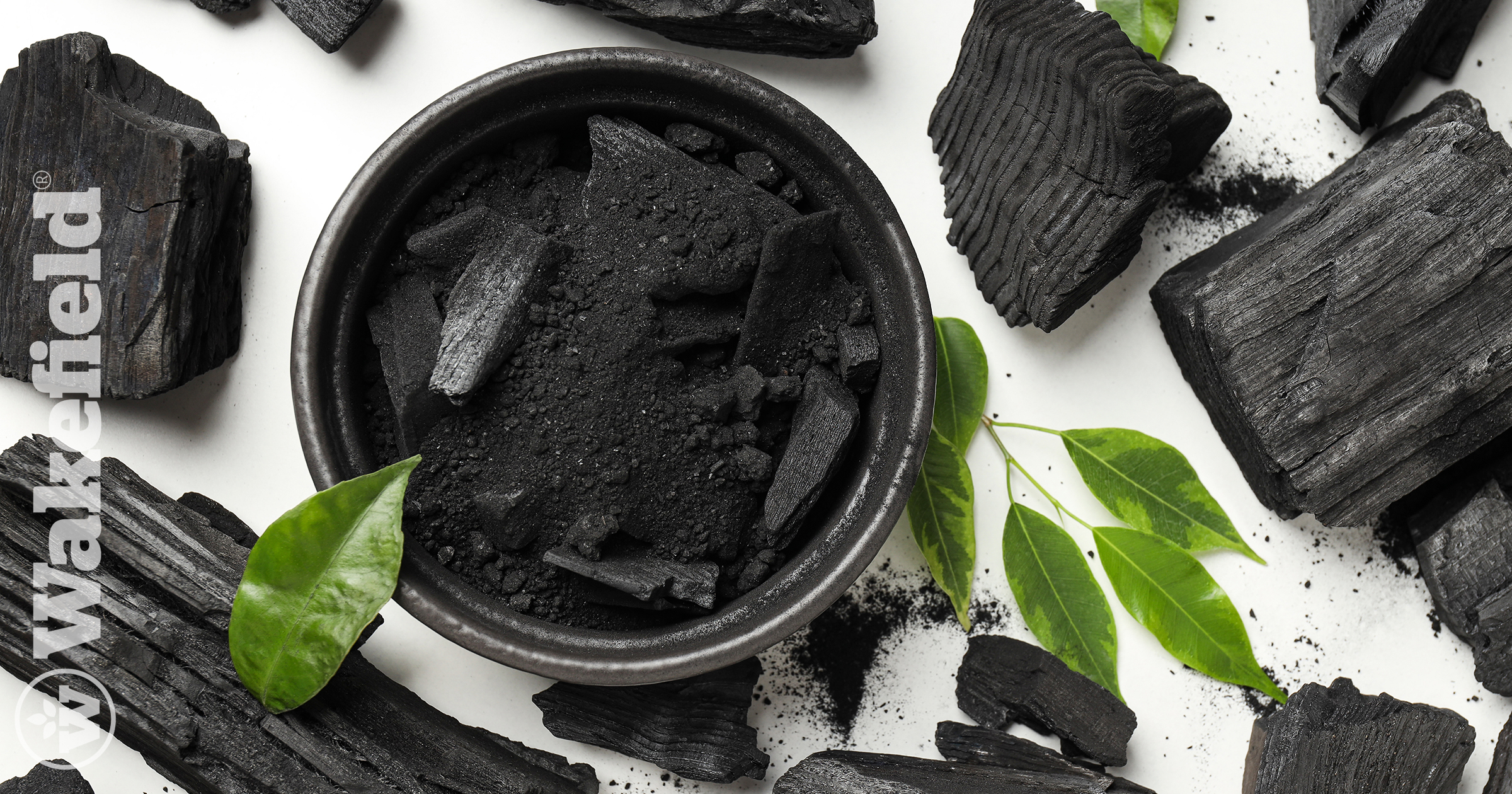Can I Use Regular Charcoal as Biochar?

No, charcoal and biochar are produced differently and have different structural properties, with the result that charcoal is intended for use as a fuel source and biochar is intended for use as a soil conditioner.
Not all char is created equal. Biochar might sound like a fancy word for charcoal, but they are actually very distinct materials. Understanding the biochar and charcoal difference is important for soil health and environmental sustainability.
Biochar increases soil fertility and is carbon-negative. It is produced under more controlled circumstances than charcoal, causing it to have a larger surface area and hold onto nutrients in the soil.
Lower-temperature charcoal production results in suboptimal porosity and limits plant growth. Additionally, traditional charcoal production contributes to deforestation and environmental degradation, depleting forests for fuelwood production and releasing carbon into the atmosphere.
In short, the different production processes and structural properties of biochar versus charcoal make biochar an ideal soil amendment and environmentally friendly, unlike charcoal. Learn more about biochar to understand its unique properties and environmental benefits.
Biochar Upcycles, Charcoal Depletes
Biochar promotes soil fertility, carbon sequestration, sustainable agriculture, and beneficial reuse practices. It is made from upcycled biomass, such as forest residues, crop residues, animal waste, and food wastes. This organic waste is transformed through a controlled, oxygen-deprived heating process called pyrolysis.
Conversely, traditional charcoal is often produced by cutting down and burning trees, which contributes to environmental degradation. The widespread demand for wood to make charcoal for fuel leads to large areas of forests being cleared, which not only results in the loss of biodiversity and habitat for various species, but also contributes to climate change by releasing stored carbon into the atmosphere.
Another reason you should buy biochar instead of charcoal is because by adding charcoal to your soil, you could be using petroleum-soaked charcoal made from deforested materials. This harms the planet and your crops.
Is Activated Charcoal the Same as Biochar?
Activated carbon shares some similarities with biochar, but they have different characteristics and intended uses that make activated charcoal suitable for purification and biochar ideal for sustainable soil management.
Both materials are produced through pyrolysis and can be used in water treatment, which is in fact another great use for biochar.
Activated charcoal is predominantly used for adsorption, making it perfect for filtering harmful organic compounds out of both gas and water; however, it is not great at ion exchange. The porosity of biochar allows it to be a great absorber just like activated carbon, but also allows it to be a great facilitator of ion exchange, which is why it improves soil fertility and nutrient retention.
Plant-Based Benefits of Biochar
Biochar offers myriad plant-based benefits, including improved nutrient retention, beneficial microbial activity, improved water retention, and pH neutralization in the soil – all of which help create healthier and more productive ecosystems.
Nutrient Retention
Biochar significantly enhances nutrient retention in the soil by providing a porous structure that holds onto essential elements like nitrogen, phosphorus, and potassium. This increases nutrient availability to plants and fosters improved nutrient uptake, which leads to enhanced soil fertility for healthier and more abundant vegetation.
Microbial Activity
The porous structure of biochar creates a conducive environment for microorganisms in the soil, such as bacteria and fungi, that boost your soil’s immune system. Enhanced microbial activity contributes to nutrient cycling, disease suppression, and overall soil health to create a thriving ecosystem for plant growth.
Water Retention
Another benefit of biochar’s porosity is its role in improving water retention in the soil. Its sponge-like structure acts as a reservoir that enables biochar to retain water, preventing runoff and facilitating gradual release to plant roots. The water retention capacity offered by biochar not only aids in drought resilience but also ensures a consistent water supply for sustained plant hydration and growth.
PH Adjustment
Biochar contributes to effective pH adjustment in the soil by acting as a buffer and stabilizing soil acidity. Its alkaline properties can help neutralize acidic soils, creating a more balanced pH environment for plant growth. This neutralizing capability is instrumental in optimizing nutrient availability and creating ideal conditions for diverse plant species.
What to Know Before Applying Biochar
There are a few key considerations you should take into account before applying biochar to your soil:
- Understand your soil’s current characteristics, as biochar effects can vary based on soil type.
- Consider the optimal biochar application rate, as excessive amounts may have unintended consequences.
- Charge your biochar with nutrients and microorganisms for optimal performance. Mix your biochar with fertilizer, such as compost, before application to maximize its absorption capabilities.
So, is biochar the same as charcoal? Nope! To learn even more about biochar, check out our other biochar faqs.





